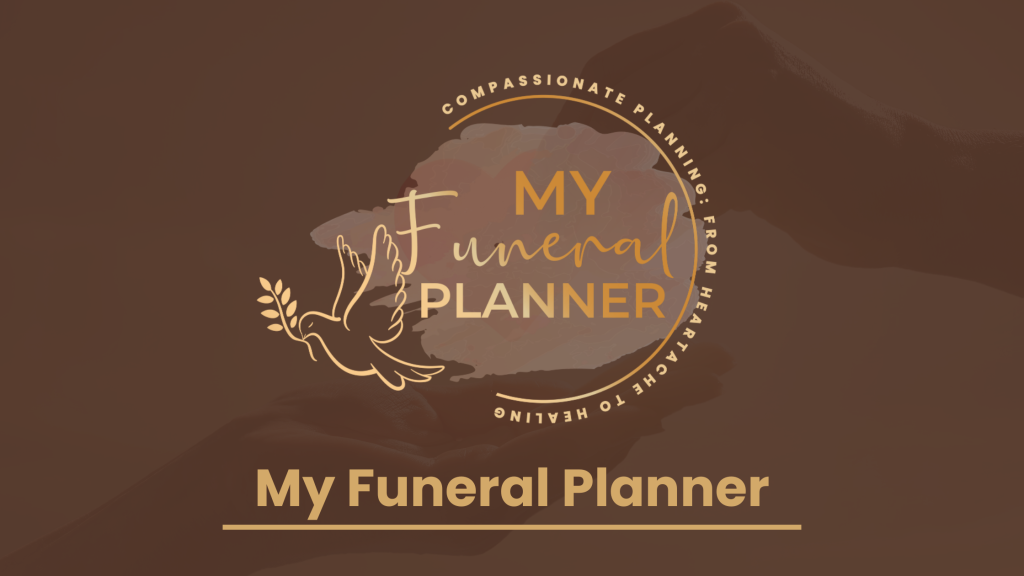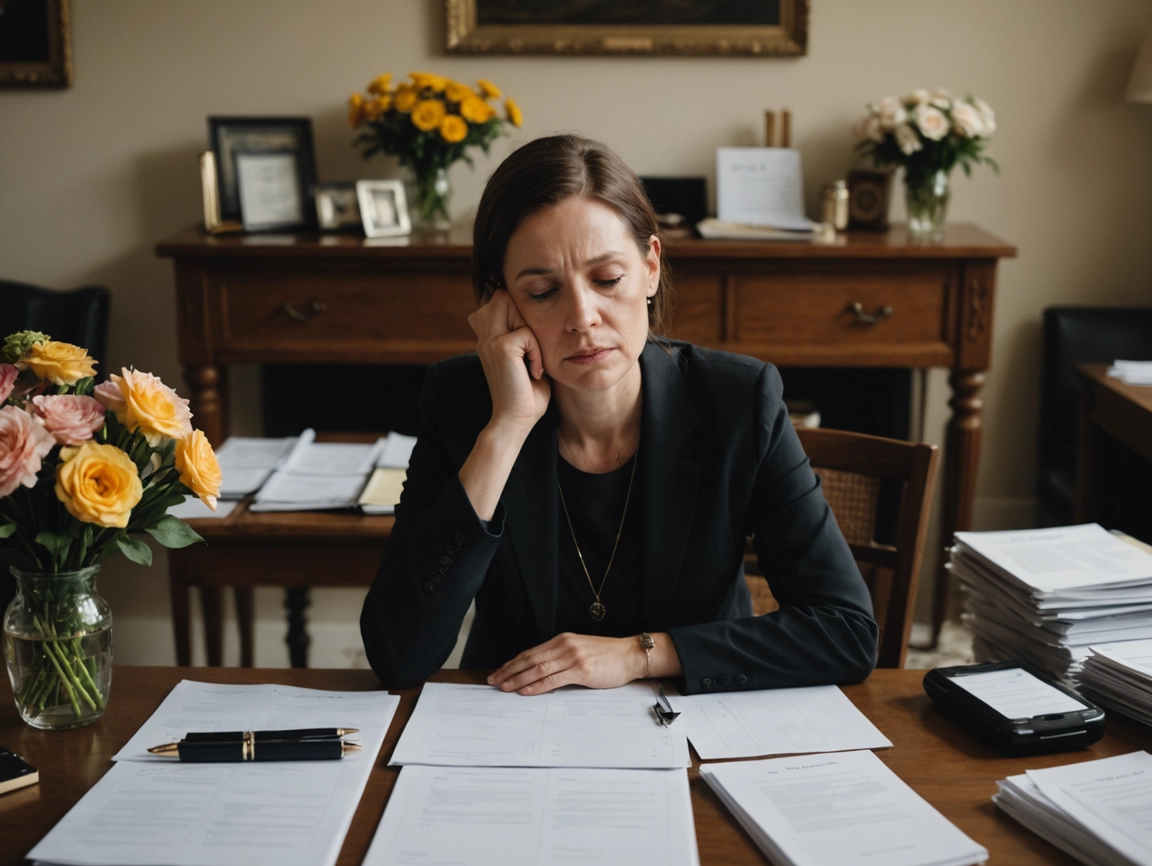Planning a funeral can be an emotionally charged and overwhelming experience, especially when coping with the loss of a loved one. During such times, a funeral planner can provide invaluable support, guidance, and expertise, ensuring that the process is as smooth and respectful as possible. Understanding the role of a funeral planner and what to expect from their services can help alleviate some of the stress associated with funeral arrangements.
Understanding the Role of a Funeral Planner
A funeral planner, also known as a funeral director or mortician, is a professional who assists families in organizing and managing the details of a funeral. Their responsibilities encompass a wide range of tasks, all aimed at honoring the deceased and providing comfort to the bereaved family.
Initial Consultation and Planning
The first step in working with a funeral planner is an initial consultation. During this meeting, the planner will discuss the family’s wishes, religious or cultural practices, and any specific requests for the service. They will help you make important decisions, such as:
- Type of Service: Whether it will be a traditional funeral, memorial service, or celebration of life.
- Location: Choosing a venue, such as a funeral home, church, or outdoor setting.
- Date and Time: Scheduling the service at a convenient time for family and friends.
- Obituary: Assisting in writing and publishing an obituary.
Handling Legal and Administrative Tasks
A significant part of a funeral planner’s role is managing the legal and administrative tasks associated with a death. This includes:
- Obtaining Death Certificates: Securing the necessary death certificates for legal purposes.
- Permits and Authorizations: Handling permits for burial or cremation.
- Coordination with Cemeteries or Crematories: Ensuring that all arrangements for the final disposition of the body are in place.
- Insurance Claims and Notifications: Assisting with life insurance claims and notifying relevant institutions of the death.
Arranging the Service
Once the initial details are settled, the funeral planner will coordinate all aspects of the service. This includes:
- Venue Preparation: Arranging seating, decorations, and any audio-visual equipment needed.
- Transport: Organizing transportation for the deceased, including hearse services and limousines for the family.
- Flowers and Memorial Items: Ordering flowers, guest books, and memorial cards.
- Clergy or Officiant: Coordinating with a minister, priest, or celebrant to lead the service.
- Music and Readings: Selecting appropriate music, hymns, and readings.
Providing Emotional Support
Funeral planners often play a vital role in providing emotional support to the grieving family. They offer a compassionate presence and can recommend grief counselors or support groups if needed. Their experience in dealing with loss can be a comforting resource for those navigating their grief.
Post-Funeral Services
The responsibilities of a funeral planner do not end with the service. They often assist with post-funeral arrangements, such as:
- Thank You Notes: Providing templates or assisting in sending thank you notes to attendees and those who sent flowers or donations.
- Memorial Donations: Coordinating charitable donations in memory of the deceased.
- Estate Settlement: Offering guidance on estate settlement and legal matters related to the deceased’s assets.
Why Hire a Funeral Planner?
Hiring a funeral planner can significantly reduce the burden on grieving families. Their expertise ensures that all legal, logistical, and ceremonial aspects are handled with professionalism and respect. This allows the family to focus on mourning their loss and celebrating the life of their loved one.
Conclusion
The role of a funeral planner is multifaceted and essential in managing the complexities of funeral arrangements. From the initial consultation to post-funeral services, they provide comprehensive support and guidance, ensuring that every detail is handled with care. Understanding what to expect from a funeral planner can help families make informed decisions and find solace in a difficult time.
If you need assistance with funeral planning, please contact us at My Funeral Planner. We are here to support you every step of the way.






